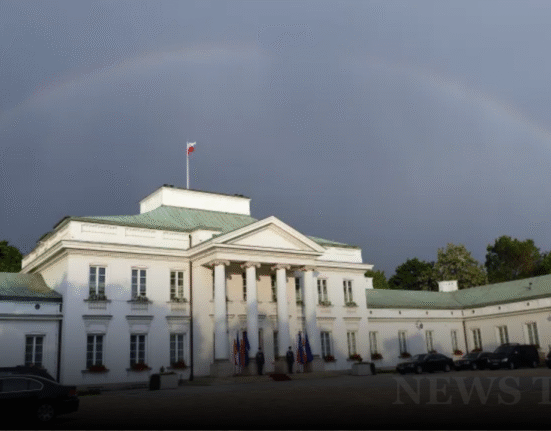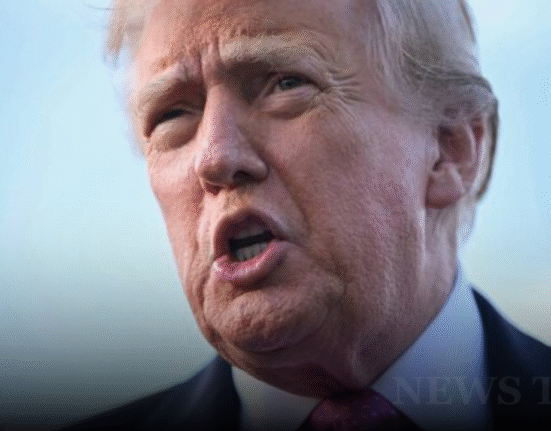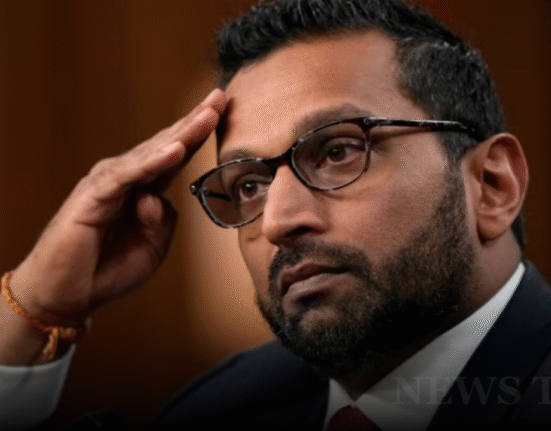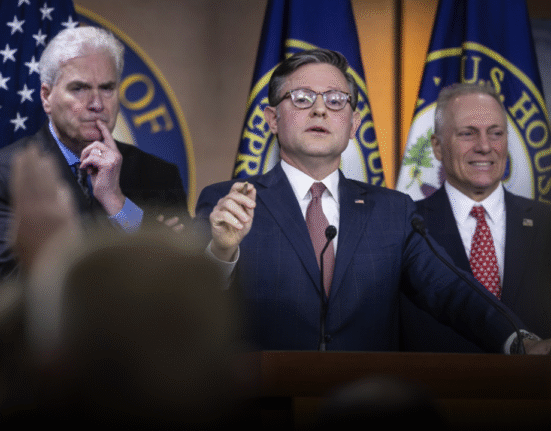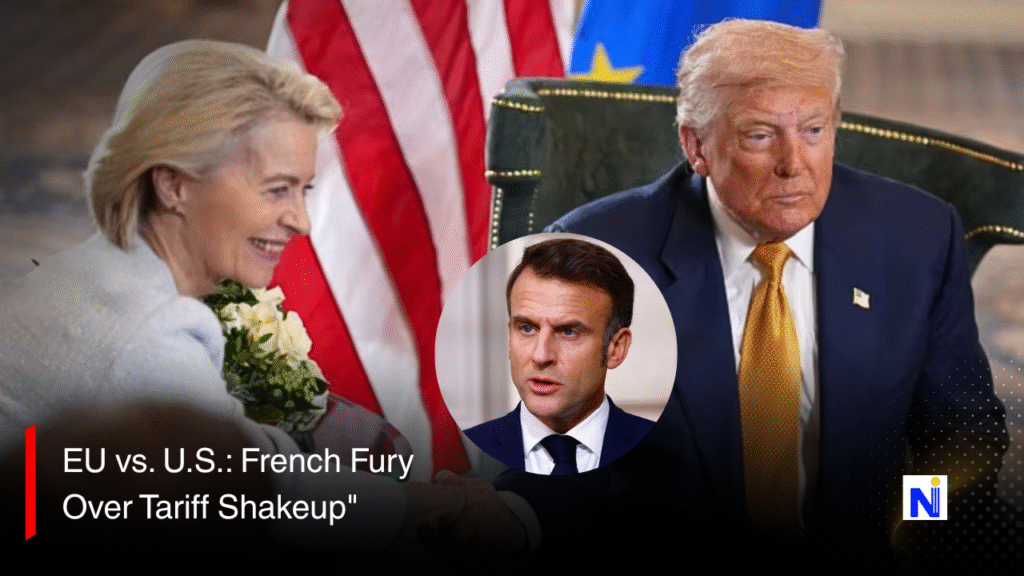
The ink is barely dry on Trump’s latest trade agreement with the European Union, yet France has already launched a firestorm of criticism. Prime Minister François Bayrou didn’t mince words, calling it “a dark day” for Europe. And honestly? Many across the continent are nodding in agreement.
What started as a show of unity between the U.S. and E.U. quickly devolved into accusations of economic coercion, fears over job losses, and calls for retaliation. Here’s a breakdown of why France’s reaction to Trump’s EU trade deal matters—and what it could mean for the future of transatlantic relations.
🔹 Why France Is Furious About the Deal
1. Tariffs Tilt the Balance
Under the deal, the U.S. will impose 15% tariffs on European imports, a significant jump from the previous low single-digit rates. In exchange, Europe agreed to lower barriers for U.S. goods. But for many in France, that doesn’t feel like an equal trade.
Prime Minister Bayrou wrote on X (formerly Twitter):
“It is a dark day when an alliance of free peoples submits.”
These higher tariffs could severely hurt iconic French industries, like wine, cosmetics, and perfumes.
Impact by Industry (France):
| Industry | New U.S. Tariff | Previously | Notes |
|---|---|---|---|
| Wine & Cognac | 15% | 0-5% | France exports nearly 50% of EU wine to U.S. |
| Cosmetics | 15% | 0% | Includes LVMH, L’Oreal, Dior, Sephora |
| Aircraft | Exempt | Exempt | Airbus spared, to match Boeing exemptions |
2. Macron’s Silence, Cabinet’s Fury
While President Macron has remained publicly quiet, his ministers have been anything but. European Affairs Minister Benjamin Haddad labeled the deal as “predatory.” He called for:
- Activating an anti-coercion instrument
- Taxing U.S. digital services
- Excluding American tech firms from EU public contracts
In Haddad’s words:
“The free trade that brought us prosperity is being rejected. We must respond or risk being wiped out.”
3. Europe’s Internal Divide
Even though France pushed for a tougher stance, most EU countries wanted a quick deal. Ursula von der Leyen, President of the European Commission, went with the majority.
Former French Ambassador Gérard Araud noted:
“She took into account the member states who don’t want confrontation with the U.S.”
This internal disagreement shows just how divided Europe is on how to deal with Trump’s transactional diplomacy.
4. UK Got a Better Deal?
Just to rub salt in the wound, Trump struck a 10% across-the-board tariff deal with the UK earlier this month. That means:
- British cars face lower tariffs than German or French cars
- UK goods are suddenly more competitive in U.S. markets
This has sparked fears of economic favoritism and could deepen post-Brexit trade rifts.
5. French Jobs at Risk
According to Emmanuel Guichard of the Federation of Beauty Companies:
“This poses a significant threat to the French cosmetics industry. Up to 5,000 jobs are at risk.”
And that’s just one sector. If retaliatory tariffs emerge, the ripple effects could be wide-ranging across agriculture, fashion, and luxury goods.
🌐 What’s Next for the EU?
Foreign Trade Minister Laurent Saint-Martin has a warning:
“If this deal is the end of the story, we have simply weakened ourselves.”
Some possible EU responses:
- Implement digital taxes on U.S. tech firms like Google and Amazon
- Ban American companies from public tenders
- Push WTO dispute resolutions
But with an election year brewing in the U.S., Europe may walk a fine line to avoid escalation.
🤝 Is There Still Room for Cooperation?
Despite the drama, the U.S. and E.U. remain each other’s largest trade partners. Over $2 trillion in annual commerce ties them together. That shared interest could eventually force both sides back to the negotiating table.
But for now, France is not backing down. The clash over this trade deal might just be the beginning.
Why This Deal Feels Like a Step Backwards
France sees Trump’s EU trade deal not as a diplomatic win, but as a blow to European sovereignty and industry. Between tariff hikes, internal EU division, and the looming threat of retaliation, this story is far from over.
Will Europe fight back? Or will political pragmatism prevail?
Share your thoughts in the comments!



